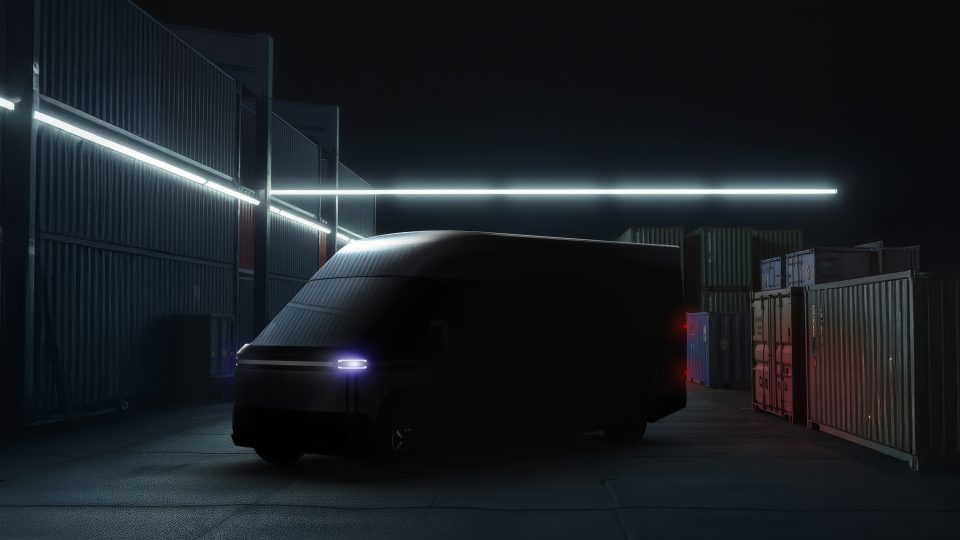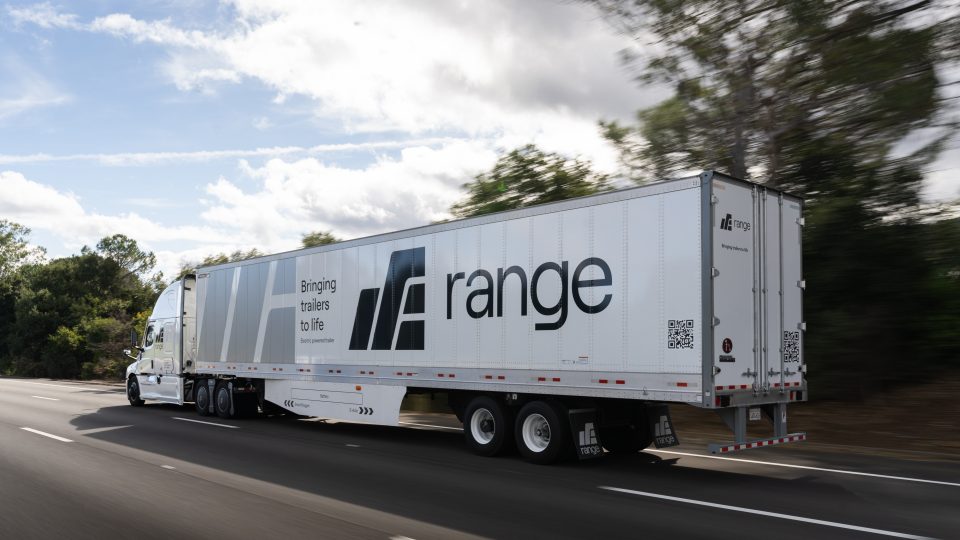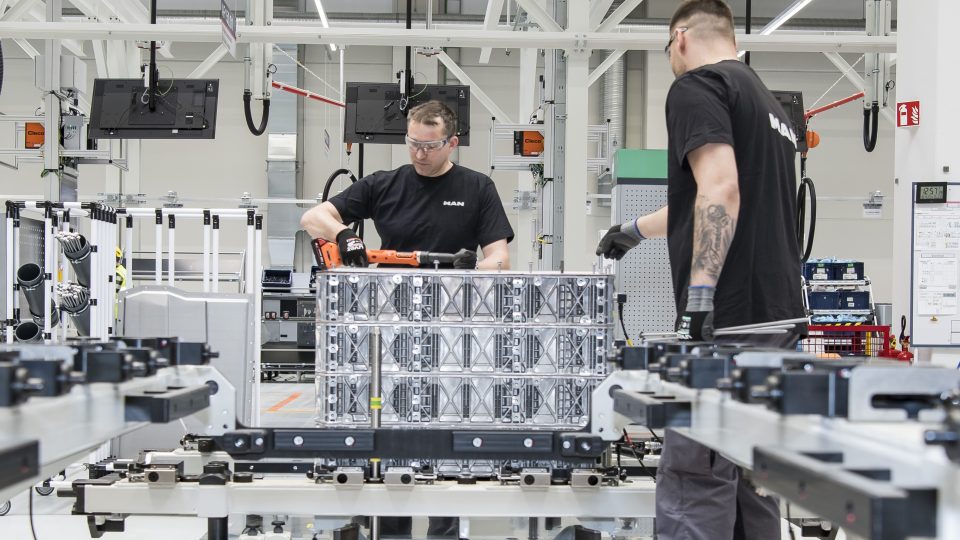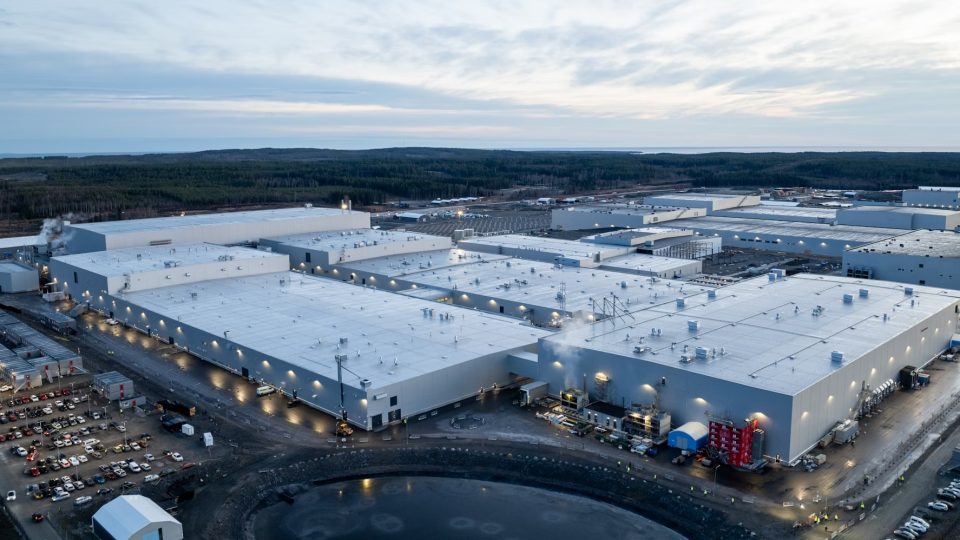Lituhim-ion batteries, Leclanché manages to produce cells with energy density increased by 20%
Furthermore, Leclanché was able to reduce the cobalt content in NMCA as cathode material from 20 to 5% and manufacture electrodes using an environmentally friendly water-based process. Water binder-based NMCA cathodes are easier to dispose of and are also recyclable.
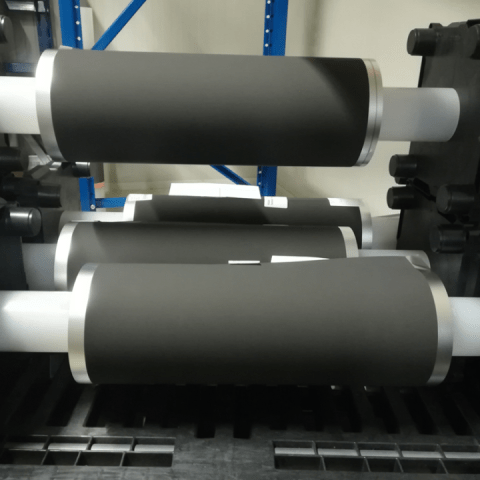
Swiss company Leclanché, a major manufacturer of lituhim-ion batteries, managed to develop G/NMCA cells with 20% more energy density. Furthermore, Leclanché was able to reduce the cobalt content in NMCA as cathode material from 20 to 5% and manufacture electrodes using an environmentally friendly water-based process. Water binder-based NMCA cathodes are easier to dispose of and are also recyclable.
Leclanché, then, completely dispenses the use of the highly toxic organic solvents (NMP) that are otherwise common in the production process. The newly developed G/NMCA cell has a nickel content of around 90%, which increases the energy density and enables the significant reduction of the cobalt content by 15%. At the same time, it offers a longer service life, high cycle stability and good chargeability. Thanks to the high-volume energy density and high cycle stability, the new cells are particularly well suited for electric cars and heavy-duty applications such as ships, buses and trucks.
Lituhim-ion batteries: new frontiers achieved by Leclanché
Leclanché is one of the few independent manufacturers of high-quality lithium-ion battery cells in Europe. The large-format cells come 100 per cent from German production at the Willstätt site in Baden-Württemberg, while Leclanché’s module production takes place on a state-of-the-art automated assembly line at the company’s headquarters in Yverdon, Switzerland.
“With the water-based production of the high-capacity NMCA cathodes, we have reached a decisive milestone in lithium-ion technology,” said Hilmi Buqa, Vice President R&D at Leclanché. “Until now, producing them using environmentally friendly processes was considered impossible. Now we have mastered the process.”




